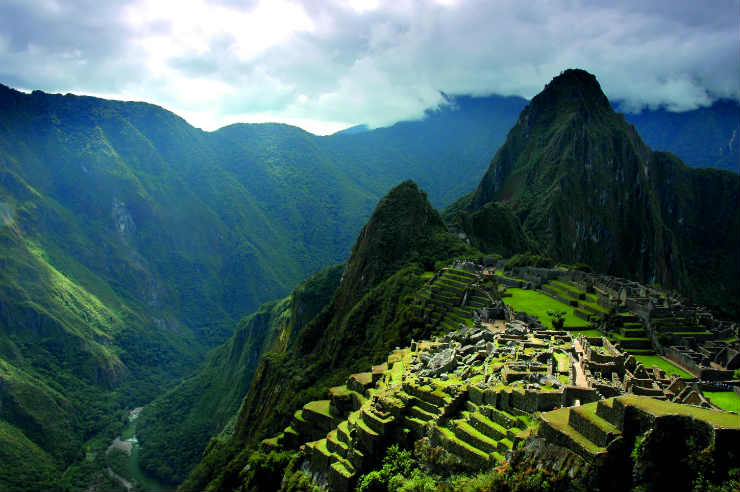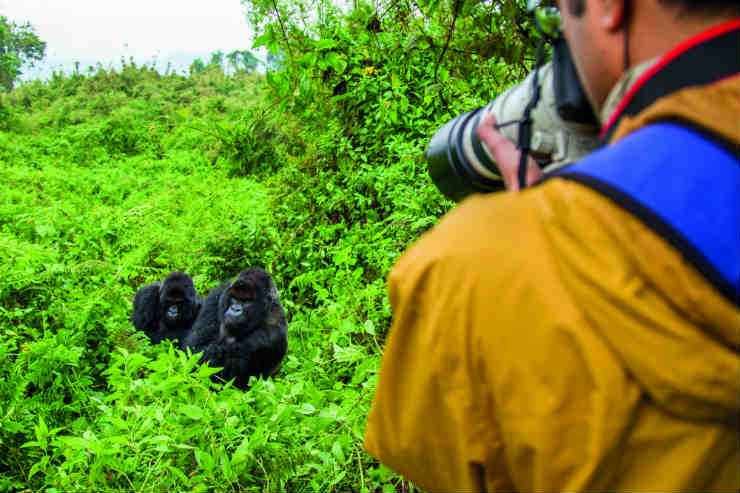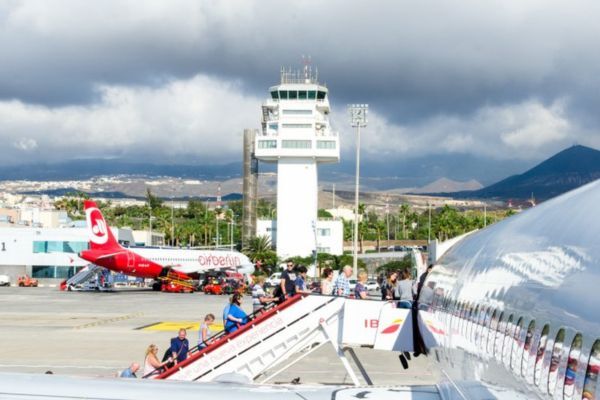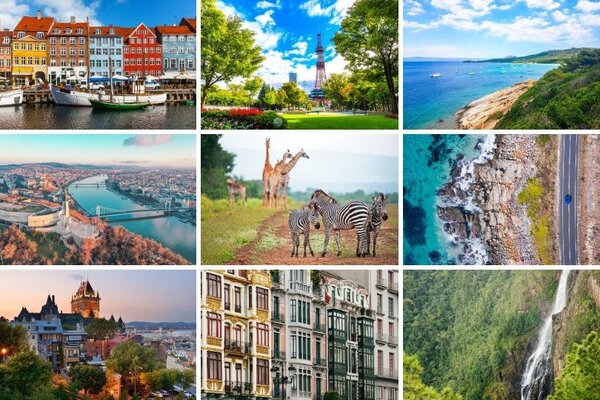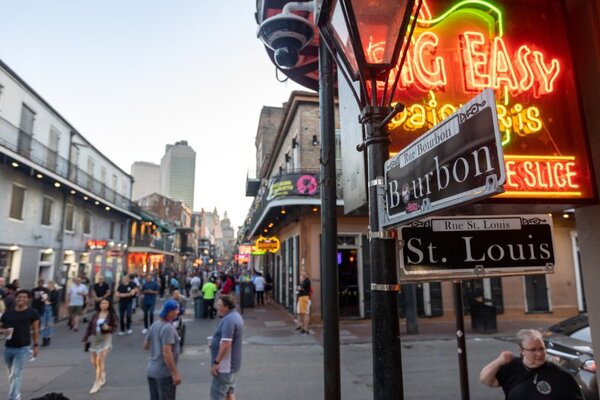Taking a responsible stance on overtourism
As overtourism continues to hit the headlines, Justin Francis, chief executive and founder of online travel company Responsible Travel, explains how agents can help combat the problem.
Tourists have long complained about destinations being ‘too touristy’ – from Spanish beaches hidden beneath a patchwork of towels, to the stag party-choked streets of Prague.
While crowds are the most visible consequence of overtourism, they aren’t the only one. Overtourism also results in noise and rubbish, plus tourists also use vast quantities of water; in some destinations, an average of 16 times as much as residents.
Disrespectful tourist behaviour adds to the unpleasantness: drunken antics, inappropriate dress, and a lack of regard for places of spiritual importance.
Neighbourhood cafes and functional stores are replaced by souvenir shops, restaurants and bars – many unaffordable for local people.
Rents soar too, as properties are turned into holiday lets. This hollows out city centres and picturesque villages, leaving inhabitants without neighbours or a sense of community.
According to The Guardian, for example, around 2,000 residents are said to be leaving Venice each year, a big hit on a city of just 55,000.
While it’s true that tourists generate income, this often doesn’t reach the destinations themselves. Cruise ships, multinational hotels and all-inclusive packages can leave little money in the country, while using water, making waste and creating crowd surges at peak times.
Residents have begun to express their frustration, with protests and angry graffiti demanding that ‘tourists go home’.
Local authorities are searching for measures to combat the issue – introducing or increasing tourist taxes and limiting tourist-focused shops and accommodation. In Thailand, entire islands have been closed to tourists.
While governments are reacting to the problems, more proactive policies are needed to prevent these issues occurring in the first place.
Agent responce
Travel agents have a key role to play in this, but they will need to be bold and think about responsible alternatives.
Cruise passengers, for example, tend to leave relatively little money in the destination, as they are encouraged to eat and drink onboard and book shore excursions through the cruise line.
Large coach tours can have the same impact on a smaller scale: little financial benefit with a big, disruptive impact.
Cities such as Dubrovnik, Barcelona and Reykjavik have become massive hotspots for overtourism, and limiting sales of city breaks during peak periods would help reduce the pressure.
Agents should encourage customers to visit lesser-known cities, or explore rural areas, which are often in desperate need of tourist cash.
This doesn’t imply a vast changeof focus. Rather than abandon Spain altogether, travel agents can push Girona rather than Barcelona perhaps, or the Picos de Europa rather than the Pyrenees.
Local life
The real key is keeping thingslocal. Instead of international hotels, promote locally owned accommodation. Support local business owners, and give guests a real sense of the place in which they are staying.
Use local guides, who avoid overtourism hotspots and take tourists to places where they know they’ll be welcomed. They can explain how to dress, share codes of conduct when entering places of worship and teach visitors to greet residents in their own language.
With a guide, tourists will be able to sample authentic local cuisine and discover attractions that might not appear in guidebooks.
Small group tours, too, have a softer footprint, allow for the use of public transport and smaller vehicles, and – crucially – allow visitors to stay in smaller guesthouses and eat in neighbourhood restaurants.
Governments are always afraid of what will happen if they take steps to limit tourism. Will money be lost? Will tourists feel unwelcome? But successful examples demonstrate this is not the case.
Positive change
Peru’s Inca Trail has a limited number of permits per day, which reduces the impact on the Andean landscapes and nearby Quechua communities.
When permits sell out – as they frequently do – trekkers seek out alternative routes (such as the Lares Trek), spreading the benefits of tourism more widely in this region. Uganda and Rwanda tightly control the number of tourists who trek to see gorillas, releasing just eight permits per gorilla family per day. In Rwanda, a single permit now costs $1,500, yet they still sell out. And mountain gorillas have become one of responsible tourism’s conservation success stories.
Small group tours, limited permits, local guides and avoiding classic mass tourism options break up the crowds and put money where it is most needed. They also create a sense of respect among tourists for the destinations they visit, and the people who call these places home.
Despite the alarming headlines, tourism can be an immense force for good, but governments, tourists and travel agents all need to do their bit to ensure this is the case.

